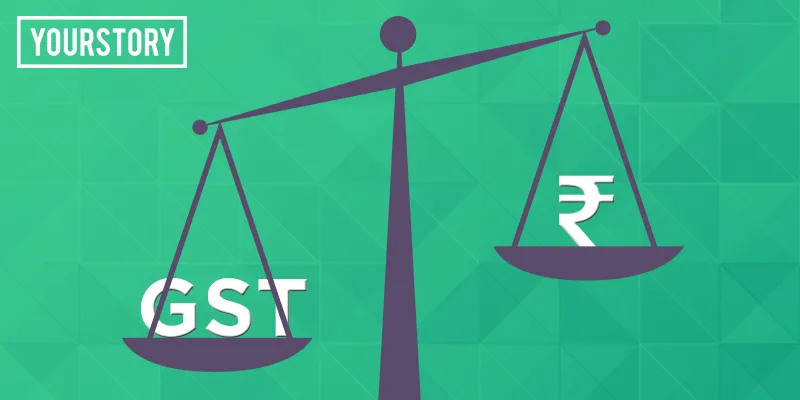Govt taking steps to control inflation, will continue to focus on it: Sitharaman
The wholesale price-based inflation declined to a two-year low of 4.73% in January on easing prices of manufactured items, fuel and power.
Union Finance Minister Nirmala Sitharaman on Monday said that the government is taking a lot of steps to control inflation and will continue to focus on it.
For instance, in the case of pulses, the government is encouraging farmers to grow pulses to boost domestic production and has also reduced the import duty on some of the pulses to improve local availability.
When asked whether Budget 2023-24 would bring down inflation, Sitharaman said, "The government is taking a lot of steps to control inflation and will continue to focus on it."
She was in the city for a post-Budget 2023 discussion with various stakeholders.
"We have taken a lot of steps, for example, encouraging farmers to sow pulses so that the production of pulses in India increases in the coming sowing season," Sitharaman told reporters here.

She further said that as a short-term step, "wherever we are importing, whether Masoor, Moong or whatever pulses, the government has reduced the import duty to single digit or has completely removed it. It has made imports convenient and pulses are available quickly and cheaply in India."
The Union Minister said, "The import of edible oil has been made almost free (tax) for the last three consecutive years, due to which palm crude or palm refined oil has also been (route) opened so that the supply of edible oil is easy and sufficient."
The wholesale price-based inflation declined to a two-year low of 4.73% in January on easing prices of manufactured items, fuel and power, even though food articles turned expensive.
Retail inflation again breached the Reserve Bank's upper tolerance limit and touched a three-month high of 6.52% in January, mainly due to higher prices in the food basket, including cereals and protein-rich items.







